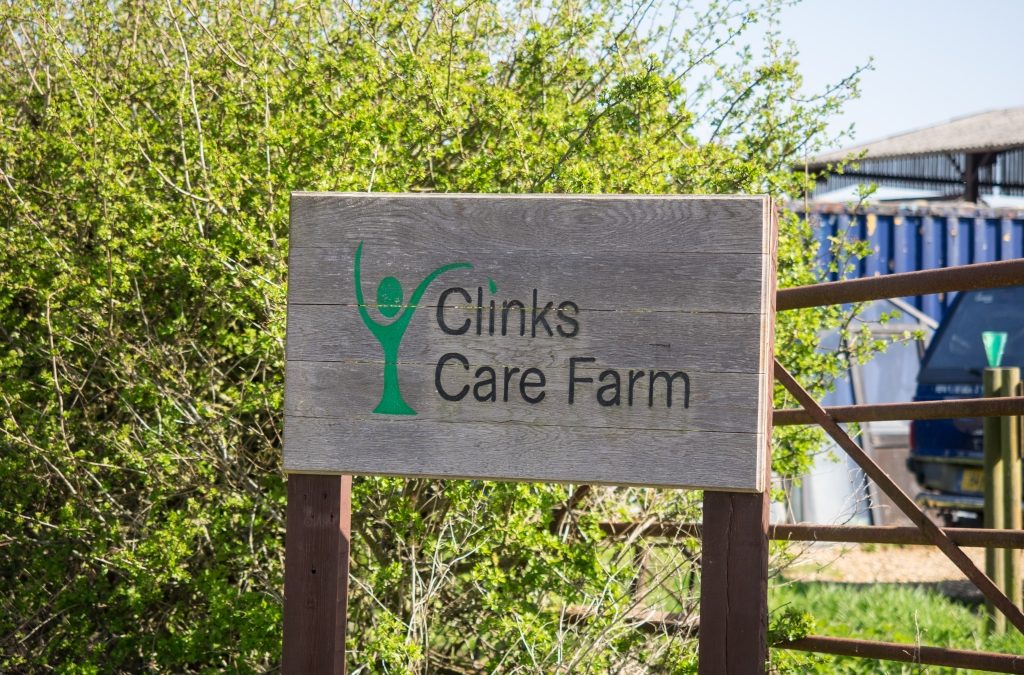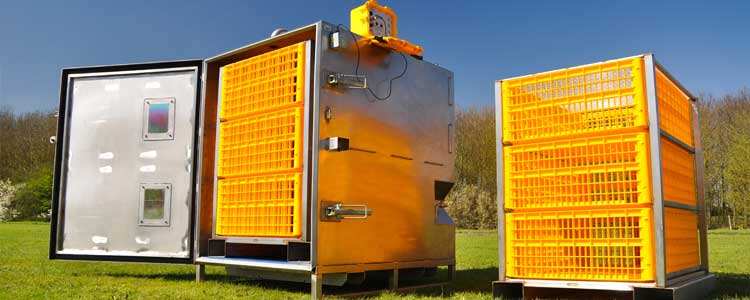Livetec Systems: What to do During an Avian Influenza Outbreak
The United Kingdom was declared avian influenza (AI) free on 3rd September. However, zoonotic influenza viruses can not be eradicated and HPAI H5N8, HPAI H5N1, and HPAI H5N5 are regularly discovered in wild birds as part of the Animal and Plant Health Agency’s routine surveillance measures.
This means that, even when the risk to commercial flocks is low, it is essential that all bird owners understand what they should do should an AI outbreak occur, or is suspected.
Reporting a Notifiable Disease
As avian flu is a Notifiable Disease, the most critical first step if an AI strain is suspected is to inform APHA of the situation. This is a legal requirement, even if you are not 100% sure that AI is present. Common signs of the disease to keep an eye out for include…
- Swelling, particularly in the head
- Discolouration (often blue) of the neck and throat
- Loss of appetite
- Respiratory symptoms such as coughing or sneezing
- Diarrhoea
- Reduced egg production
- Mortality
However, it’s important to remember that signs of AI can vary significantly between species. These symptoms are often more common in poultry, for example, while waterfowl typically show milder symptoms, making AI more difficult to detect.
Symptoms can also vary depending on the strain of the virus. Birds infected with low pathogenic avian influenza (LPAI) usually display milder signs than those with HPAI.
As AI can spread easily across farms in a number of different ways – from direct bird-to-bird transmission to contaminated clothing – it is important to act quickly and be prepared to take the necessary action should the APHA confirm AI on your farm.
At Livetec, we’re here from the very beginning, helping to design a bespoke plan of action, assemble your team, and create a step-by-step process that can immediately be implemented should test results show that HPAI or LPAI is present in your flock.
What should you do if you suspect AI?
If you suspect AI to be present during the AI season, you must report your suspicions immediately to the Animal and Plant Health Agency (APHA). Out of season, you should speak to your vet right away. Your vet will recommend a ‘testing for exclusion’ process. This checks whether AI is present but does not trigger farm restrictions. This option is not available to you if you suspect AI in ducks or turkey flocks due to the way that the disease is spread in those birds.
What Happens if AI is Confirmed?
Should avian influenza be confirmed, APHA will introduce restrictions to reduce the spread of the disease, such as limits on movement, while investigating the source of the outbreak and imposing further restrictions on farms where AI may have already spread.
Diseased flocks and animals suspected of contracting the virus will often be culled before thorough cleansing and disinfection to remove traces of the virus can begin. APHA will inform farmers when it is safe to begin restocking following an outbreak, provided that APHA requirements have been met.
We understand that this can be a very challenging, upsetting, and overwhelming time for farm workers. That’s why we’re here to support farmers every step of the way, drawing upon our years of on-farm experience to provide the essential guidance and critical operations that are needed to handle an AI outbreak with confidence.
At Livetec, we take a simple yet effective 5-step approach to disease outbreak before we even get on farm:
1. Pre-Operation Site Visit
Experienced Livetec team members will visit your farm to assess the situation and answer any questions that you may have about the outbreak or APHA restrictions.
2. Document Completion
We’ll work with you to ensure that all regulatory and operational documents that are legally required when reporting a Notifiable Disease are completed and signed off.
3. Mobilisation
Our dedicated emergency operations team, including bird catchers, will be dispatched to your farm, arriving in a discreet manner to protect your reputation.
4. Biosecurity Zone Mapping
We’ll erect a biosecurity cordon to reduce movements throughout infected sheds, limiting access only to essential, authorised personnel to reduce spread to other areas.
5. Equipment Provision
All necessary equipment and technologies our team requires to manage the outbreak will be moved into position, arriving in unmarked vehicles to limit reputational impact.
How We’re Helping
When you need to act quickly while feeling anxious about the future of your business, it can often be difficult to understand what needs to be done, and implement the right measures, at the right time. That’s exactly what we’re here for at Livetec Systems.
Should the unexpected happen, we’re here with bespoke emergency depopulation and safeguarding solutions that can be rolled out rapidly to reduce the impact of an outbreak, protect your healthy livestock, and help you return to business as usual.
Fortunately, an AI outbreak may be a rare occurrence for you. But it’s not for us. We’ve been involved in all Notifiable Disease outbreaks in the UK for nearly two decades, and know just what’s needed to minimise risk and protect your reputation and livelihood.
Turn Your Plan B into Plan A
When the risk of AI in the UK is low, it’s natural to put outbreaks at the back of your mind; to form a plan of action only when needed to respond to an emergency situation. At Livetec, we think it’s time to change these backup plans into proactive strategies.
Testing the resilience of your emergency response plans during an outbreak is too late. An AI outbreak can have significant commercial, operational, and reputational impacts, so it’s important to have confidence that your plans are fit for purpose.
We work in partnership with your business to develop robust biosecurity contingency plans to build resilience into the heart of your operations, ensuring you’re prepared for any challenges that may come your way, and protecting you from the ground up.
Find out how the Livetec team can help you protect your farm by contacting us today.








